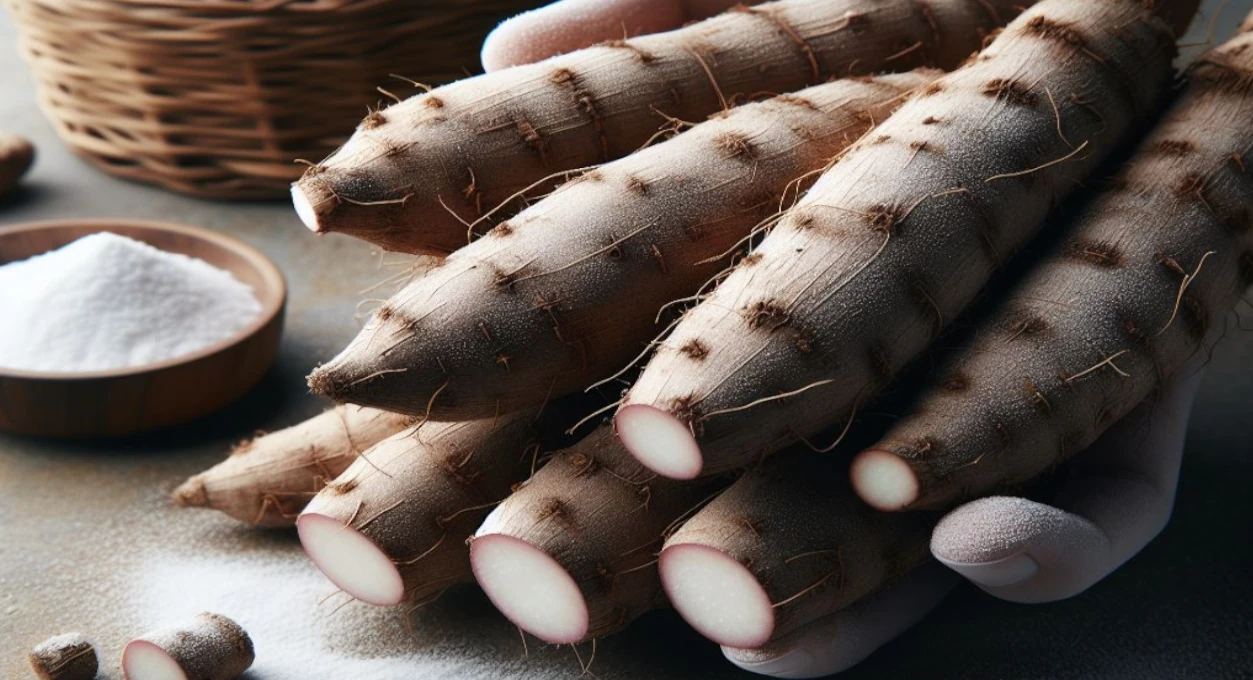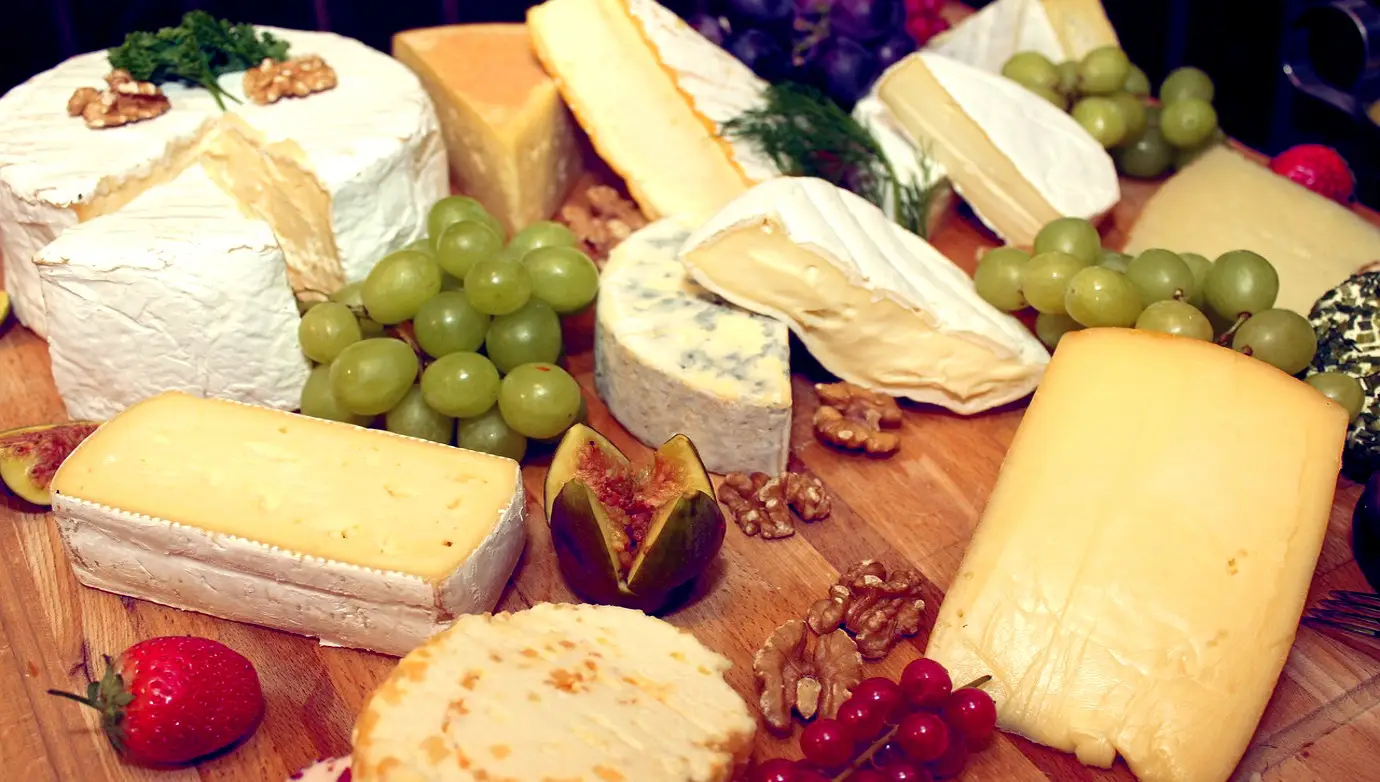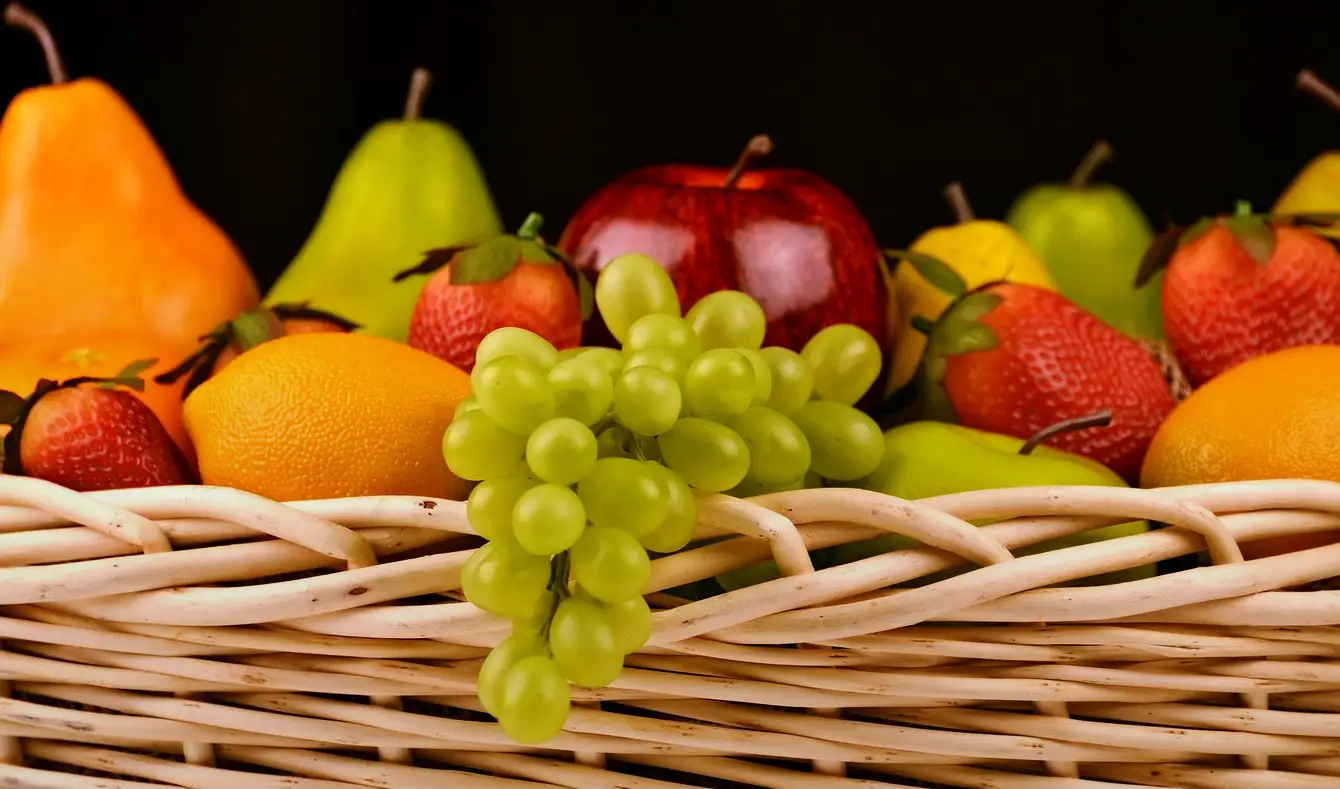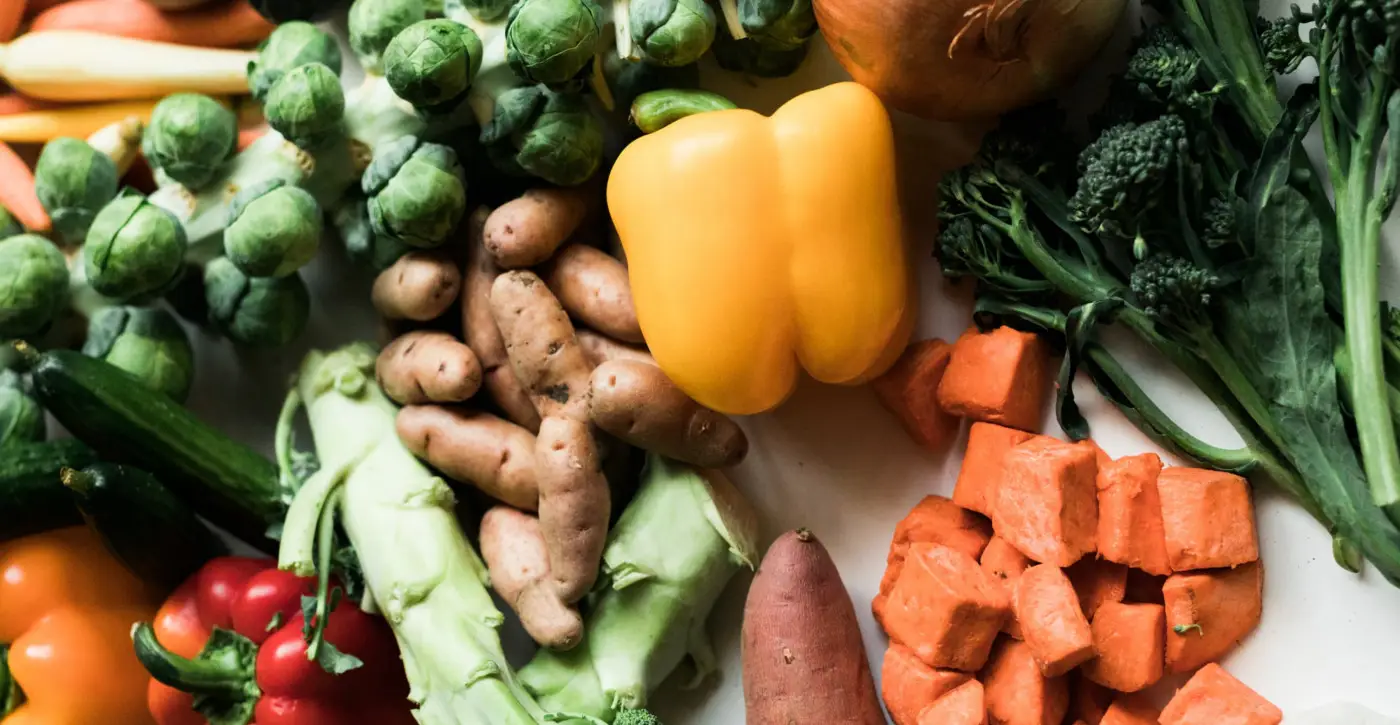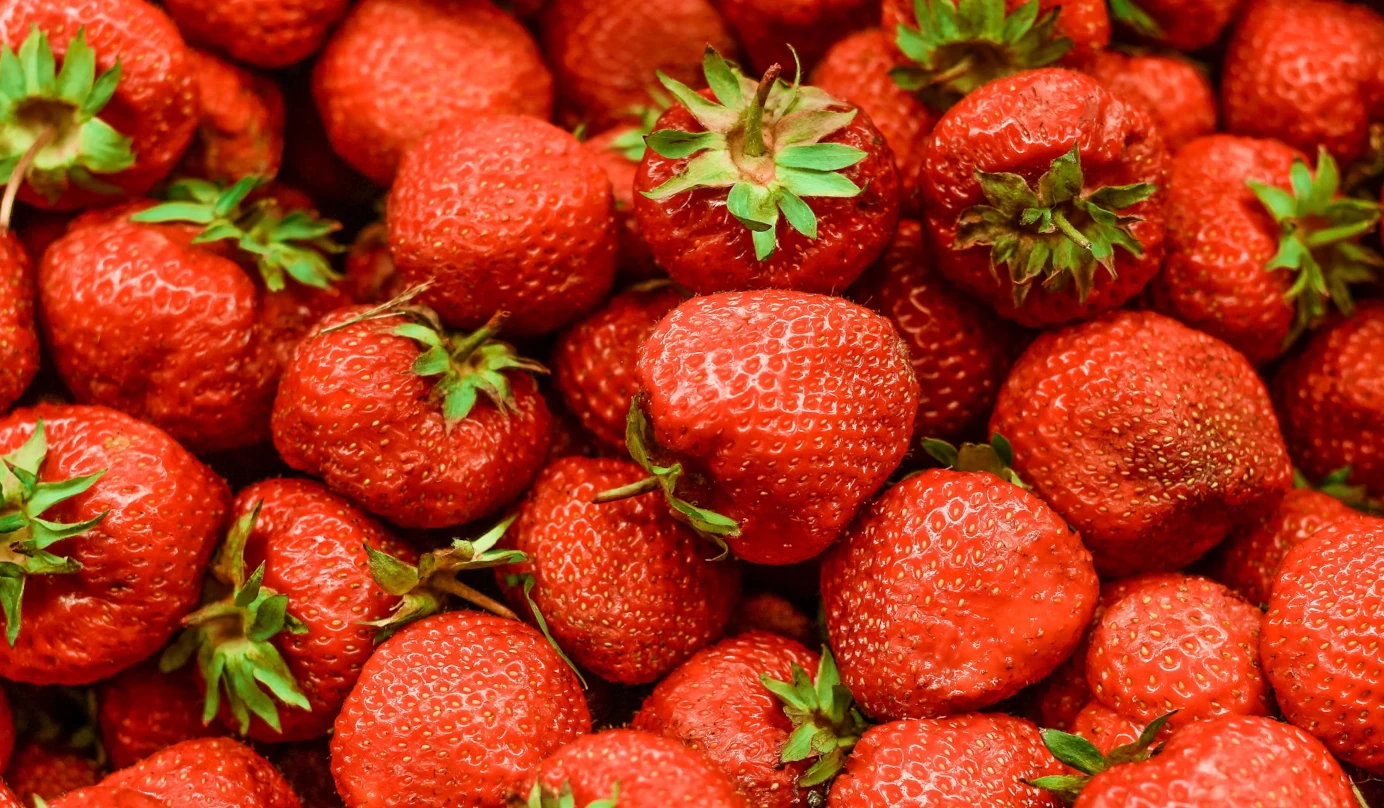Oregano Oil Lysine and Arginine Info Sheet
Overview
Oregano oil is an essential oil extracted from the leaves of oregano, a herb of the mint family.It is used as a natural remedy, a food flavoring, and a household cleaner.
Oregano oil has potent antimicrobial, antifungal, and antiviral properties, which can fight against various infections and pathogens.
Oregano oil also has anti-inflammatory, antioxidant, and analgesic properties, which can relieve pain and inflammation.
| Name | Lysine (mg/100g) | Arginine (mg/100g) | Ratio |
|---|---|---|---|
| Oregano Oil | 0mg | 0mg | 1 |
Oregano Oil contains 0mg of Lysine and 0mg of Arginine per 100g of product.
This means Oregano Oil has a neutral Lysine-Arginine ratio of 1.
Because Oregano Oil has a neutral ratio of lysine and arginine, it does not have a significant impact on people who suffer from herpes, as it does not affect the viral activity.
Lysine Considerations
Oregano oil does not contain any lysine, which is an essential amino acid that the body cannot produce.
Lysine is important for protein synthesis, collagen formation, and immune function.
Amino acids are found in protein-rich foods, but not in oil.
Lysine has the potential to prevent or treat cold sores, which are blisters caused by the HSV-1 virus, also known as herpes.
Lysine operates by slowing down the proliferation of HSV-1, which relies on another amino acid, arginine, to reproduce and infect cells.
Lysine can only be acquired through our diet, and is present in many high-protein foods such as eggs, milk, cheese and yogurt, fish, meat and poultry.
Arginine Considerations
Oregano oil does not contain any arginine, which is a semi-essential amino acid that the body can produce in limited amounts.
Arginine is important for nitric oxide production, blood vessel dilation, and wound healing.
Arginine has different benefits for our wellbeing and performance, such as lowering blood pressure, enhancing wound healing, and increasing exercise endurance.
Arginine can also affect the herpes virus, which causes cold sores and genital herpes.
Studies suggest that arginine may help the virus grow and cause outbreaks, so people with herpes may want to avoid foods that are high in arginine or take lysine supplements to block its effects.
Lysine-Arginine Ratio
Oregano oil does not contain amino-acids and thus has a neutral lysine-arginine ratio.
This means it does not affect the lysine-arginine balance in your diet and has no implications on the herpes simplex virus (HSV) in the body.
That said, olive oil may have other benefits for HSV prevention or treatment, such as antiviral and antimicrobial properties.
Lysine and arginine are both amino acids that are involved in protein synthesis and other metabolic processes.
That said, they have opposite effects on the herpes simplex virus, which causes cold sores and genital herpes.
Lysine can stunt the replication of the virus, while arginine can stimulate it.
Because of this, eating foods that have a high lysine-arginine ratio may help reduce the frequency and severity of herpes outbreaks.
Some examples of foods that have a high lysine-arginine ratio are dairy products, fish, poultry, fruits, and vegetables.
These foods can provide the body with enough lysine to block the availability of arginine by the virus, and thus prevent its growth and spread.
Dietary Considerations
Fats and oils are a type of macronutrient that provide energy and help absorb fat-soluble vitamins.
Cooking oils have no protein and therefore are neutral for lysine and arginine.
Some types of vegetable oils can be healthier to include in your diet, as they can lower cholesterol and inflammation.
Some examples of healthy cooking oils are olive oil, canola oil, and sunflower oil.
Butter and margarine have low amounts of lysine and arginine, but they are not as healthy as cooking oils.
Butter and margarine can increase the risk of cardiovascular diseases and obesity.
Oil is a fat extracted by plants that is in a liquid state at room temperature.
It is used in cooking for frying, baking, and as a dressing or marinade.
Some oils, such as olive oil, coconut oil, and avocado oil are high in healthy fats and can be beneficial for heart health.
Oils have negligible amounts of lysine and arginine and can be used freely in a diet for people with herpes.

For example:
Eating a balanced and nutritious diet that supports your immune system and reduces inflammation.
This means consuming plenty of fruits, vegetables, whole grains, lean protein, and healthy fats, and avoiding processed foods, added sugars, alcohol, and caffeine.
Make sure to drink plenty of water to keep yourself hydrated and eliminate toxins from your body.
Water can also help you avoid dryness and irritation of the skin and mucous membranes, which can lead to outbreaks.
Consider taking l-lysine supplements, which can help prevent herpes outbreaks and stop a cold sore before it emerges by limiting the availability of arginine for the virus, which it requires to produce a cold sore.
Taking other food supplements that can improve your immunity and protect your cells from oxidative stress, such as vitamin C, zinc, selenium, and antioxidants.
Your immune system can be weakened and inflammation can be increased by foods that can cause allergic reactions or sensitivities, such as gluten, dairy, nuts, eggs, or shellfish.
Avoid these foods to avoid outbreaks.
Foods that can boost your immunity and fight inflammation are essential to prevent outbreaks.
Honey, yogurt, aloe vera, and chamomile are some examples of these foods.
They can also soothe your symptoms and help you recover quicker by reducing pain, swelling, and itching.
Check more food information
